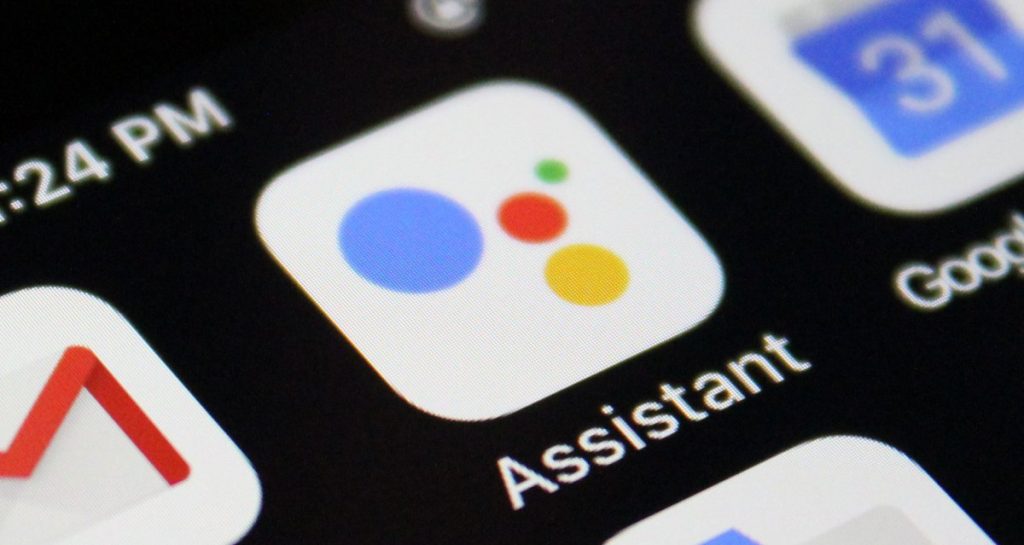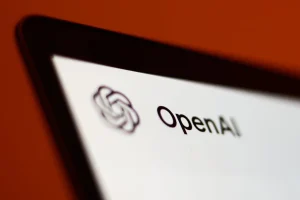Google Assistant lives to automate another day

Google Assistant’s future has been uncertain for over a year. Once a crown jewel in Google’s lineup, it played a critical role in mobile and smart home strategies.
Recently, ahead of the Made by Google 2024 event, it was announced that Google Assistant would remain part of the Home/Nest ecosystem, still powered by advanced technologies.
Pandemic Boost and Recent Slowdown
Both Google Assistant and Alexa experienced a surge in usage during the pandemic as everyone spent more time at home. However, in recent years, it seems Google and Alexa have slowed down their efforts.
While it’s an exaggeration to claim the smart home concept is dead, it’s clear that people still widely own and use smart home devices. The real issue is the dream of a fully automated, interconnected home hasn’t been fully realized.
Challenges of Smart Home Adoption
One significant barrier is the cost. Smart devices are much more expensive compared to traditional devices.
Moreover, the smart home market has been fragmented as each company pushes its own ecosystem and apps. Bad user experiences can also turn potential customers away permanently.
The heart of these systems, the virtual assistants, have also faced their own set of issues. Samsung’s Bixby and Microsoft’s Cortana have already been discontinued. Even Siri from Apple hasn’t seen much innovation recently.
Impact of Generative AI
Generative AI platforms like ChatGPT have made traditional smart assistants feel outdated. Google’s introduction of its GenAI platform Gemini is a response to this shift.
Earlier this year, Google let beta users make Gemini the default assistant on Pixel devices. Despite Gemini’s quirky features, it seems to be aimed at eventually replacing Google Assistant on some devices.
With the introduction of new Pixel devices, there’s speculation that Google Assistant’s days on Android may be limited. However, for now, it remains vital in smart home settings.
New Innovations and Integrations
Along with announcing that Assistant will stay in the Home ecosystem, Google launched a new Learning Thermostat and streaming set-top box.
Assistant will be supported by Gemini models, with natural language processing being a key feature. This means better, more natural conversations with the assistant.
“You won’t have to phrase your question in a specific way — ask it in the way that feels most comfortable to you,” Google explained about the new capabilities. This is where generative AI shines.
Future Capabilities and Public Preview
Improvements like these are expected to roll out to Nest Aware subscribers later in the year as part of a public preview.
Other applications for Gemini include its ability to summarize information, a feature that’s integral to Google’s push for generative AI.
Whether Google decides to stick with the name Google Assistant or switch to Gemini across the board remains to be seen.
Branding and Market Comparisons
Apple recently gave Siri an AI upgrade, now dubbed Apple Assistant. Google looks set to follow suit, at least within the smart home.
The branding decision—whether to continue with Google Assistant or adopt the Gemini name—is an interesting point. It highlights the significant role branding plays in maintaining consumer trust and engagement.
Summary and Outlook
For now, Google Assistant continues to hold its place, especially in the realm of smart home devices.
Whether under the Google Assistant or Gemini banner, Google continues to evolve its approach to automation and AI. The next few years will be crucial in determining how these technologies integrate into daily life. This ongoing evolution shows that the smart home concept is far from dead.
Google Assistant remains relevant, especially within the Home/Nest ecosystem.
With advanced AI integrations, the promise of a fully automated home is still very much alive.





